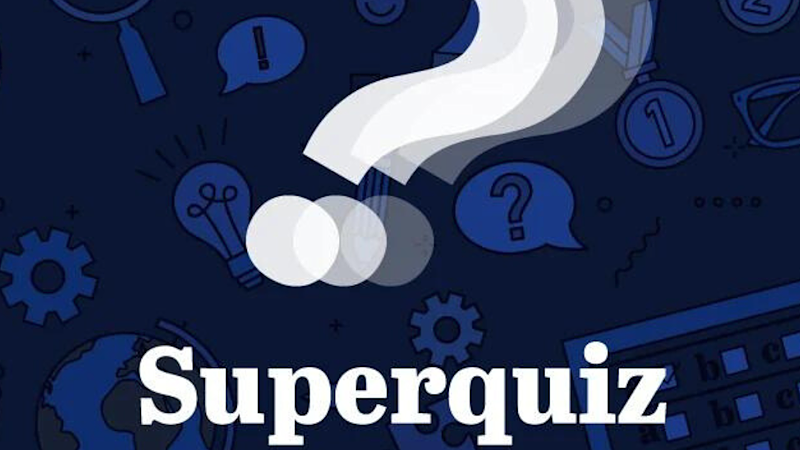
Catherine Lacey’s latest work, The Möbius Book, has emerged as a significant addition to contemporary literature, seamlessly blending fiction and memoir. Priced at $36.99, this innovative novel invites readers to engage with its dual narratives, each offering unique insights into themes of identity, loss, and self-discovery.
In this genre-defying book, readers can choose to enter through either the fictional or memoir-like section. This structure encourages an exploration of interconnected themes, revealing hidden correspondences that resonate deeply. A climactic event at sea, broken teacups, and troubling relationships serve as poignant symbols that connect the two halves.
In the fictional narrative, readers meet Marie and Edie, two friends sharing drinks. Edie, a character that echoes Lacey’s own experiences, is caught in a cycle of shifting affections, reflecting the complexities of love and self-identity. As Edie adopts the thoughts and expressions of her new partner, it raises questions about authenticity and transformation. Marie observes, “There was nothing anyone could say or do to a woman with that much faith in the fire she was happily setting.”
The memoir portion presents Lacey’s introspective journey following the end of a significant relationship. Emotionally raw, she confronts her feelings through candid reflections on love and separation. She draws on everyday experiences, using objects like a jar of peanut butter to explore deeper existential truths. Lacey writes about a time when she starved herself, likening her sacrifices to those of a medieval saint.
As she navigates her past relationships, Lacey grapples with the impact of her former partner’s view on her self-worth. His protective nature, which often bordered on possessiveness, shaped her identity. The struggle to disentangle herself from his influence becomes a central theme. Lacey learns that breaking free from such spells also means losing a part of herself that had been defined by her partner’s perceptions.
In the memoir, Lacey’s journey towards self-understanding is marked by emotional highs and lows. She reflects on the idea that self-discovery is an ongoing process, questioning whether individuals can ever fully know themselves. The memoir culminates in a powerful realization about language and identity, suggesting that loss is both a painful and essential part of life.
Ultimately, The Möbius Book is more than just a story; it is a profound exploration of mortality, grief, and the search for meaning. Reading this book allows for a unique experience, immersing the reader in Lacey’s world and thoughts. Upon finishing, one might find themselves in awe, echoing Lacey’s sentiment: “F–k, it’s good.”
With its mix of humor and depth, this work stands as a testament to Lacey’s talent and creativity. It is a remarkable achievement that leaves readers contemplating the intricacies of love and the human experience.







